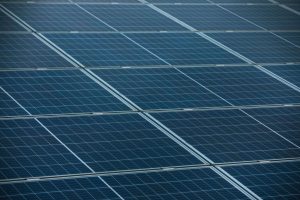How Effective are Solar Panels in the Winter?
While it’s true that solar panels rely on sunlight to generate electricity, the winter season does not diminish their effectiveness as much as one might think.


In fact, cold temperatures can actually improve the efficiency of solar panels by reducing resistance in the electrical circuits, leading to a slight increase in power output.
Energy Storage Provides Stability
To ensure a stable and reliable energy supply during the winter season, many solar energy systems incorporate energy storage solutions such as batteries. Energy storage allows homeowners and businesses to store excess energy generated during sunny periods and use it later when sunlight is scarce or grid power is unavailable. By coupling solar panels with energy storage, solar energy systems can provide uninterrupted power year-round, even during winter storms and extended periods of low sunlight.
Long-Term Benefits Outweigh Seasonal Variations
While it’s true that solar energy production may fluctuate seasonally, the long-term benefits of solar power far outweigh any temporary reductions in output during the winter months. Solar energy systems continue to generate electricity and offset utility bills year-round, helping homeowners and businesses save money, reduce their carbon footprint, and contribute to a more sustainable energy future.
Conclusion: Solar Energy Shines Through Winter
In conclusion, solar energy remains a reliable and effective energy source throughout the winter season. While factors such as reduced daylight hours, inclement weather, and snow cover may temporarily affect solar panel performance, clear skies, proper tilt and orientation, and energy storage solutions can mitigate these challenges and ensure a stable energy supply year-round. By harnessing the power of the sun, homeowners and businesses can enjoy the benefits of clean, renewable energy regardless of the season, making solar energy a shining solution for a brighter, more sustainable future.



